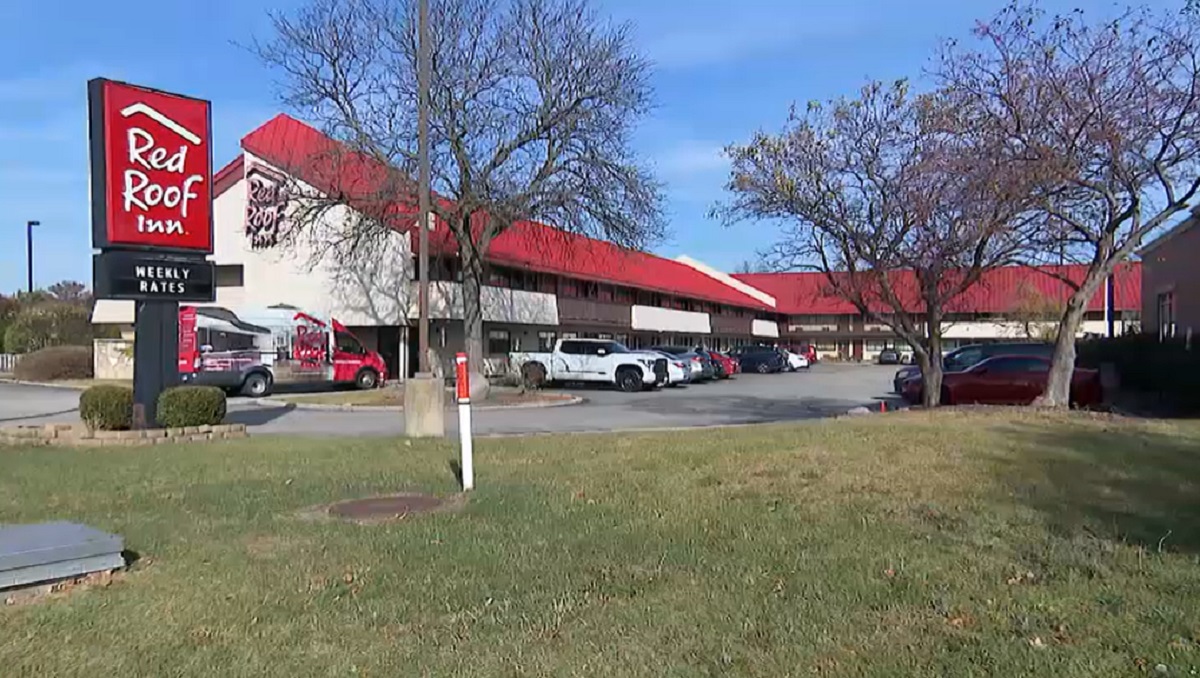If Illinois meets the required metrics, it could soon enter a "Bridge Phase" of reopening and eventually even Phase 5, which would mark a complete reopening.
Rather than moving straight from Phase 4 reopening guidelines into Phase 5, a full reopening, Illinois will instead enter a transition phase that bridges the gap between the two.
For a look at what's changing between Phase 4 and the Bridge Phase click here.
Once the required metrics are met, all of Illinois will together move into what Gov. J.B. Pritzker called a "Bridge Phase."
The new phase allows for higher capacity limits at places like museums, zoos and spectator events as well as increased business operations, the state announced, but masks will continue to be mandated.
So what needs to happen for the state to get there?
Metrics to Enter Bridge Phase
News
Vaccination metrics: Once 70% of residents 65 and older statewide have received their first dose of the vaccine and no increase in COVID-19 metrics is recorded, the state could move into the Bridge Phase.
COVID-19 metrics: The state could advance if there is a non-increasing trend in hospital admissions for COVID-19 like illness, COVID-19 patients in the hospital and mortality rate while ICU bed availability must remain greater than or equal to 20%. The state will consider new knowledge of variants, vaccine effectiveness and the potential necessity of a booster shot as we move forward.
Feeling out of the loop? We'll catch you up on the Chicago news you need to know. Sign up for the weekly Chicago Catch-Up newsletter.
Monitoring period: COVID-19 metrics will be considered over a 28-day monitoring period before the state can advance to the next phase. The current monitoring period began when all regions of the state moved into Phase 4.
Metrics to Enter Phase 5
Vaccination metrics: Once 50% of residents 16 and older have received their first dose of the vaccine and no increase in COVID-19 metrics is recorded, the state could move into Phase 5.
COVID-19 metrics: The state could advance if there is a non-increasing trend in hospital admissions for COVID-19 like illness, COVID-19 patients in the hospital and mortality rate while ICU bed availability must remain greater than or equal to 20%. The state will consider new knowledge of variants, vaccine effectiveness and the potential necessity of a booster shot as we move forward.
Monitoring period: COVID-19 metrics will be considered over a 28-day monitoring period before the state can advance to the next phase. The current monitoring period began when all regions of the state moved into Phase 4.
Metrics to Move Backwards
The state could revert to a previous phase if there is a resurgence of the virus, measured by an increasing trend in case rate and one of the following:
- Hospital admissions for COVID-19 like illness trend increasing and above 150 daily average
- COVID-19 patients in the hospital trend increasing and above 750 daily census - Mortality rate trend increasing and above 0.1 daily average
- ICU bed availability < 20%
Metrics will be measured over a 10-day monitoring period.
“COVID-19 has not gone away, but the light we can see at the end of the tunnel is getting brighter and brighter as more people get vaccinated,” Pritzker said in a statement. “It’s time to begin to cautiously move toward normalcy, and it’s imperative that we do so in a way that maintains all the progress we’ve made to date."
Beyond announcing the transition phase guidelines, the state also made changes to current Phase 4 guidelines.
Under a new rule, anyone with proof of full vaccination or a negative COVID-19 PCR test within one to three days of an event or outing will not count toward capacity limits.
"As regulations are rolled back gradually in the weeks ahead, Illinoisans should continue practicing the public health guidelines that have kept us safe during the pandemic, including wearing face coverings and maintaining social distance," the state said in a release.
In addition to the changes to the reopening framework, Pritzker also announced that eligibility for the COVID-19 vaccine will expand to all Illinois residents over the age of 16, except for those in the city of Chicago, beginning on April 12.
All Illinois residents over the age of 16 will be eligible to get vaccinated beginning on April 12, Pritzker said, adding that state officials in the coming days would make available more information on certain populations that will become eligible before that final expansion.



